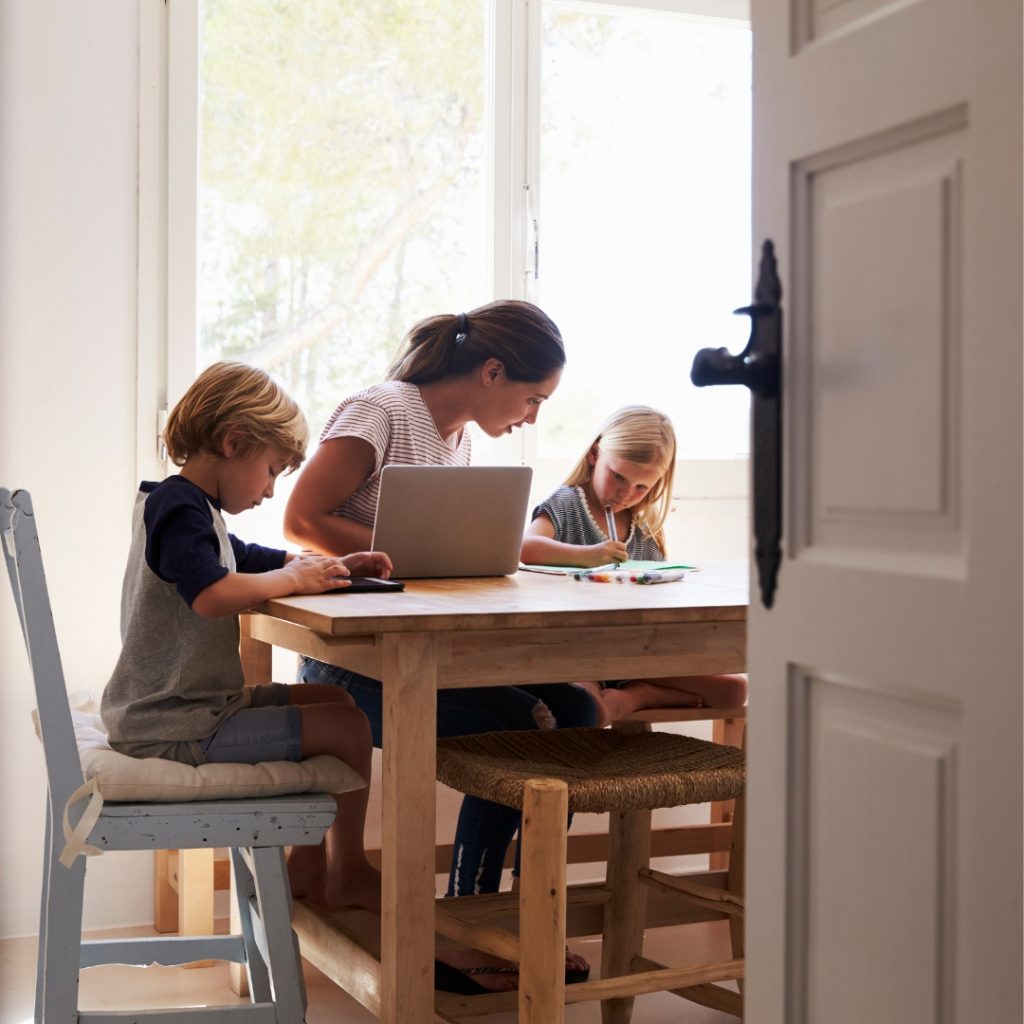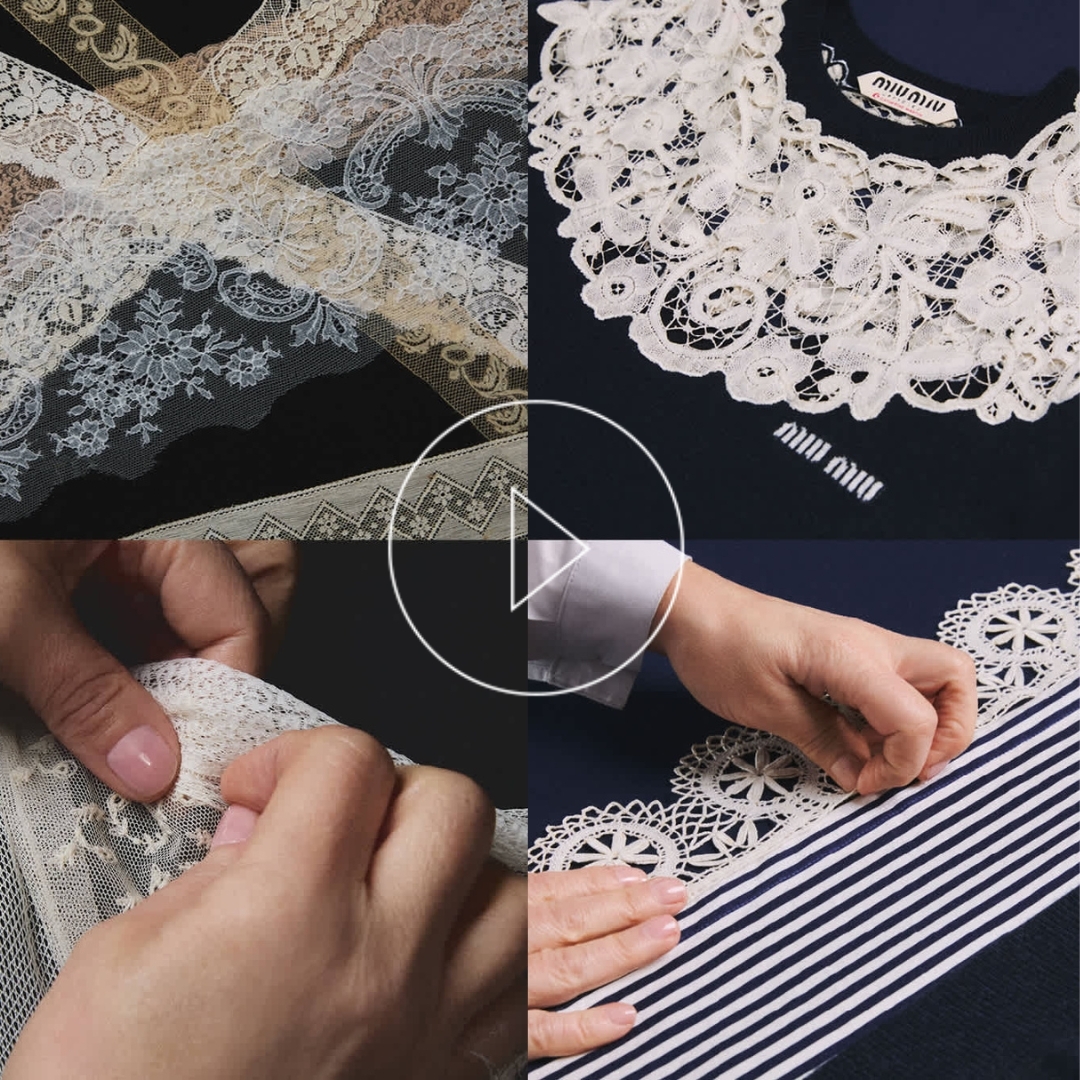Why Working Moms Are the Hardest Workers – Uncovering the Truth

As we mark May 1st, celebrated in many countries as Labor Day, the day has a dual significance. Originally a nod to the working class, in 1955 the Catholic Church dedicated this date to Saint Joseph the Worker, the adoptive father of Jesus and a patron saint for labourers and craftsmen. Yes, work is a way to become saints in this world, for men and women. However, we want to take this date as an opportunity to talk about the role of women in the labour market. Increasingly present in the formal work market, women also juggle roles at home as educators, cooks, and the family’s cheerleaders. This article delves into women being the hardest workers and the recognition they receive—or don’t—for their contributions.
Based on personal experience as a mother of two young adults, a career spanning nearly 40 years, and my Catholic faith, I explore this complex theme.
Women, The Harderest Workers
Marrying a Western European man meant partnering with someone who had the formal education and moral compass to understand the need for a balanced life. For nearly three decades, we have worked side by side—he is my boss, and I am his. I’ve managed to succeed both as a mother and a top professional, benefiting from the privilege of managing my time. I could stay involved in work while being available for my children. I am brutally honest here because if we want this reality for the majority of women, a lot needs to change.
In 2021, according to the European Commission, 67.7% of women were employed compared to 78.5% of men, highlighting a nearly 11% employment gap between genders. The Commission’s findings reveal a stark reality: “Even if more women participate in the labour market, the burden of private and care responsibilities, the unpaid work, still rests largely on women’s backs. Women’s increase in working hours doesn’t usually lead to a more balanced sharing of domestic and caregiving work between women and men. As a result, when combining the amount of time dedicated to unpaid labour (day-to-day, domestic duties, including care), overall, women work more.”

Is This What The “Women Can Have it All” Slogan Truly Stands For? All the Stress, Responsibility, and Pressure?
Many European governments incentivise women to enter the workforce by offering employment benefits like vacation time, maternity leave, and childcare. However, there is no significant financial incentive for women who choose to stay at home and focus solely on child-rearing.
The media and politicians push young women towards a narrative where professional success is seen as the sole avenue for personal fulfilment, knowing well that it means managing two full-time jobs; one of which is unpaid. Is this what the “women can have it all” slogan truly stands for? All the stress, responsibility, and pressure?
Who Really Wants to Have It All?
The feminist movement, nearly 180 years old, has largely failed to include homemakers in its discourse. Domestic life is notably absent from feminist conversations, forgetting entirely about women who choose to be full-time mothers. These women’s financial status has not improved, with some countries offering a meagre 280 Euros per child—a sum that hardly reflects the importance of raising a new generation of citizens.
Moreover, as the state grapples with the financial burden of an ageing population and a pension system crisis exacerbated by declining birth rates, the push to have more women in the workforce becomes a convenient solution. It’s the state that wants to have it all—everyone working, everyone paying taxes.
After decades of promoting the misleading notion that having fewer children will “save the world,” it’s clear that the real work lies in building a family. This essential labour forms the backbone of our future society, yet it remains undervalued and under-compensated. The true question remains: how will the state address the financial consequences of its demographic challenges without fully recognising the contributions of those dedicated to family life?

Being a Full-Time Parent or Homemaker is as Demanding, Significant, and Impactful as Any Career.
The Job of Caring for a Family
Caring for and nurturing a family is a monumental task that often goes unnoticed. Yet, the role of women as leaders and captains within the home environment remains one of the most pivotal and demanding roles in our society. They do more than handle daily tasks; they shape future generations. These women are not just running households but the architects of tomorrow’s society through their vital role in child education and emotional development.
Since the 1970s and 1980s, a noticeable shift has seen the value of homemaking and parenting by women minimised. In parallel, we’ve seen a push towards professional achievements as the primary measure of worth. This change has overlooked the importance of a mother’s presence at home. It has led to challenges among the younger generations, including millennials and Gen Z. These groups often struggle with real-life challenges partly because they lack strong parental guidance. As families turn more to schools and digital media for child-rearing, the unique and direct influence of dedicated parents decreases.

My Daughter and I checking Fashion News Together
Recognising the irreplaceable value of nurturing a family is not about romanticising the past or undermining the importance of professional pursuits for women. And no, I am not a #tradwife. The recognition is about understanding that being a full-time parent or homemaker is as demanding, significant, and impactful as any career. Women in these roles are unsung heroes who help ensure our society’s future stability and moral fabric. The job of caring for a family is a critical investment in our future. It deserves as much respect and validation as any professional achievement. We need to recognize its value and discuss its impact.
To conclude, we extend a heartfelt thank you to all working moms today. Indeed, you are the hardest workers in the world, tasked with the most important job: raising strong individuals to face future challenges. Moreover, your role is irreplaceable by any AI.
Photo @notorious and @canva
SHARE




















